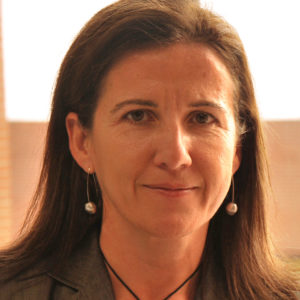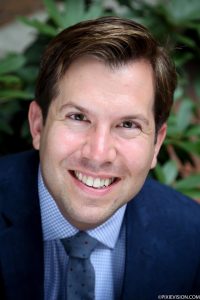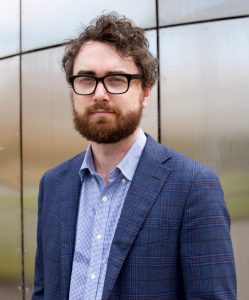Religious Peacebuilding in Fratelli tutti
 Montserrat Gas-Aixendri is Full Professor of Law and Religion at Universitat Internacional de Catalunya (Barcelona, Spain)
Montserrat Gas-Aixendri is Full Professor of Law and Religion at Universitat Internacional de Catalunya (Barcelona, Spain)
The post-9/11 world was marked by an urgent need to theorize about the relationship between religion and violence, but at the same time, it sparked a growing interest in the role of religion in peacebuilding. Much of what has been written on this subject in recent yearsis based on Scott R. Appleby’s work The ambivalence of the Sacred: Religion, Violence and Reconciliation (2000). In this book, religion is understood as an internally plural and multifaceted phenomenon, which generates ambivalent responses, ranging from violence to militant pacifism.


